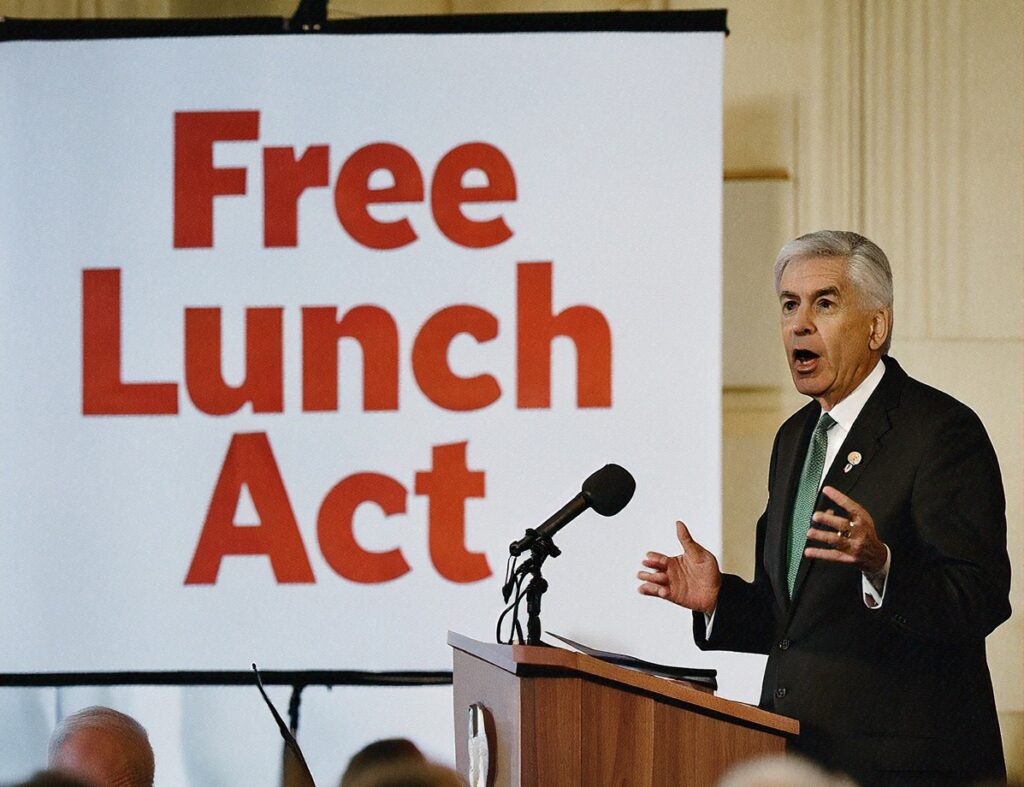Politicians have stopped listening to economists. Well, I’m not sure they ever listened, but now they really don’t. The Wall Street Journal even declared this was “The Year Politicians Turned Their Backs on Economics.” As Greg Ip explained, “the candidates haven’t just demoted economic principles this year; they’ve jettisoned them altogether. It’s as if they wanted to flip the bird at the economic establishment.”
Many critics will rejoice. They will say economics has failed—that our theories are too abstract and our models too unrealistic. But this misses something crucial: economic principles haven’t changed. Economic forces still move the world. While economists can certainly be wrong, economics offers core insights that have proven remarkably robust across time, place, and political systems.
But what are those insights? How do economists see the world differently?
Take economists’ nearly unanimous opposition to Vice President Kamala Harris’s price-gouging/control proposals. The subsequent debate revealed something important: while economists may disagree on many things, there are fundamental ways of thinking about problems—about prices, incentives, information, and tradeoffs—that unite the field as a whole. Not every economist agrees on every issue, of course. But generally speaking, there is something holding the field together as an intellectual framework. These aren’t just academic theories, but hard-won insights about how policies actually work in practice.
Matt Yglesias recently laid out nine principles for what he calls “Common Sense Democrats”—a post-election reexamination or re-exposition of political positions. I like that format. I like the level of abstraction.
Today, I want to lay out eight insights that economics as a science has established that matter for policy. What do economists know? These aren’t comprehensive theories. These aren’t a political agenda. These are reliable frameworks that can help to diagnose problems and evaluate solutions. The emphasis is on things that aren’t obvious to noneconomists, but that should inform any serious policy discussion. That’s exactly why we need economics—to help us think clearly about complex systems where our intuitions often lead us astray.
Eight Economic Insights for Policy
- A price is a signal wrapped in an incentive. Prices aren’t just good or bad numbers—they tell us what’s scarce, while creating pressure for change.
- Demand curves slope downward. If you raise the cost of something—whether imports, labor, or carbon emissions—people substitute away from it.
- Given time and rewards, people find a way. Never underestimate the elasticity of supply or human ingenuity in responding to incentives.
- Economic laws don’t care about a policymaker’s intentions. A policy’s effects depend on how people will respond to changed incentives, not on how the policymaker thinks they ought to respond.
- Every choice involves tradeoffs. Using resources for one thing means not using them for something else.
- While tradeoffs are everywhere, growth and innovation make those tradeoffs less painful.
- There are no free lunches, but understanding economic forces helps achieve goals at lower cost.
- Competition is about allowing the best firms to win customers, not about the number of competitors. The economy is dynamic—resources constantly move to better uses when we allow them to.
This list is a slight variation on a similar list I recent posted to the site formerly known as Twitter. The core remains the same. These insights won’t tell you what your policy goals should be, and they won’t resolve fundamental political debates—that’s not the role of economics. What they will do is help identify which policies might actually achieve their stated goals and which are likely to backfire.
Over the coming months, I’ll explain each insight in detail—not as an abstract theory but as practical tools for understanding how policies play out. These aren’t meant to be a straitjacket—different situations require different applications. The goal isn’t to say what we should do but to better understand what might happen when we do it.
Critics argue that economics is too simplistic or unrealistic. The truth is more mundane: most policymakers simply don’t think hard about how people and firms respond to incentives. Why would they? Division of labor and all that. They understand a few issues and go along with whatever sounds good on the rest. We all do.
Luckily, there is a whole field filled with people dedicated to rigorously studying the economy: economics. Economics doesn’t have all the answers, but it helps us ask better questions: Why hasn’t this happened already if it’s so obvious? What specific failure prevents private solutions? How would people adjust to defeat the policy’s purpose?
Politicians may have stopped listening to economists, but reality hasn’t stopped working the way economics describes. We ignore these insights at our peril.

